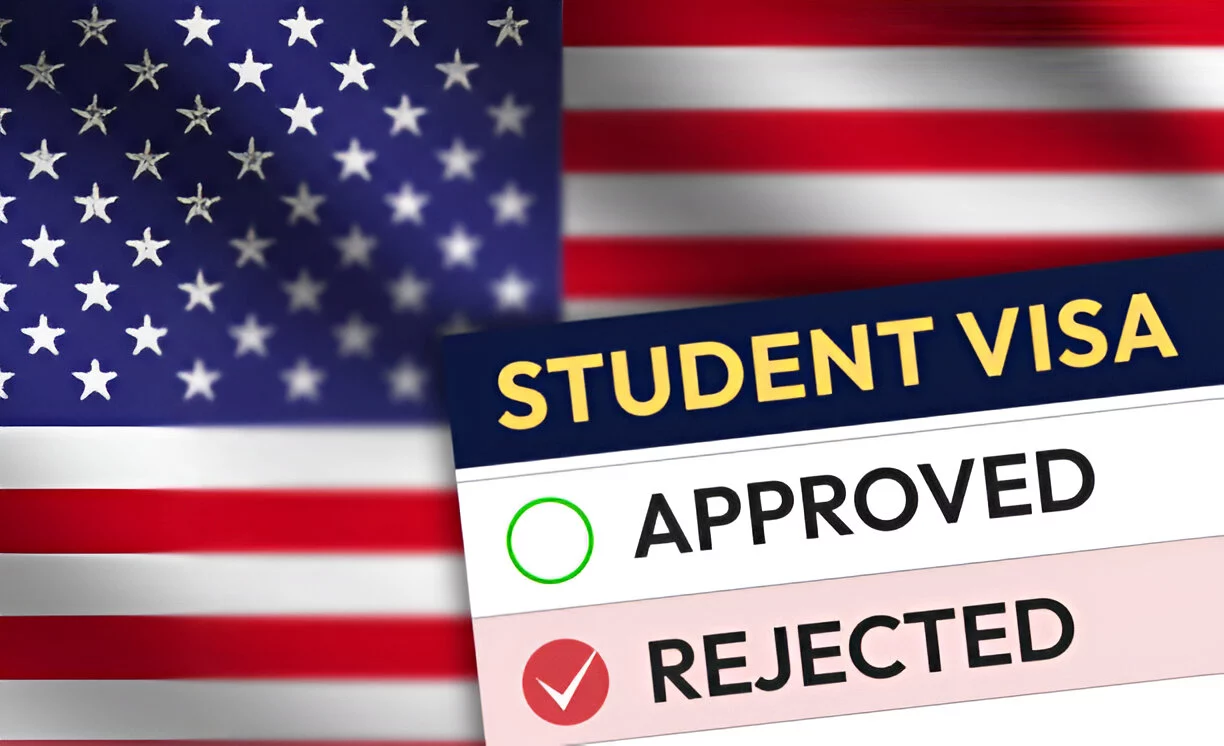For decades, the United States has been a beacon for international students aspiring to gain world-class education at prestigious institutions like the University of California, Los Angeles (UCLA), Harvard University, and the Massachusetts Institute of Technology (MIT). However, recent policy changes under Donald Trump’s leadership have introduced a wave of uncertainty, presenting new challenges for international applicants and institutions alike.
This post explores the impact of these developments and what they mean for students around the globe who dream of studying in the U.S.
Recent Policy Changes and Their Implications
In recent months, the Trump administration introduced significant shifts in immigration and education policies that have disrupted the traditional pathways for international students:
- Visa Restrictions and SEVIS Record Revocations: Thousands of international students faced abrupt visa challenges when the administration revoked SEVIS records, jeopardizing their legal status in the U.S. Although some records were later restored, the instability caused widespread fear among students and parents alike.
- Increased Scrutiny and Monitoring: New policies allow U.S. authorities to scrutinize students’ political activities and social media behavior more closely. A student’s participation in protests or even voicing certain political opinions could now negatively impact visa eligibility.
- Pressure on Universities: Institutions such as Harvard faced threats of losing federal funding unless they complied with government-imposed academic and administrative policies. Universities have been caught between upholding their values of academic freedom and adhering to federal demands.
How International Students Are Affected
These policy changes have created serious challenges for international students:
- Uncertainty Around Legal Status: Students who had secured admission offers or were already enrolled found their status suddenly uncertain. Some faced deportation threats with little or no warning.
- Emotional and Psychological Impact: Constant fear of visa revocation, deportation, or changes in status has contributed to increased mental health challenges among international students.
- Reduced U.S. Appeal: The perception of the U.S. as a welcoming destination for higher education is shifting. Prospective students and their families are increasingly considering alternative countries like Canada, the United Kingdom, and Australia.
How Top Universities Are Responding
Leading universities like Harvard, MIT, and UCLA have not remained silent:
- Lawsuits Against the Government: In one high-profile case, Harvard and MIT jointly sued the Trump administration over rules that threatened to strip visas from students attending online classes during the pandemic. The lawsuit resulted in a major policy reversal, highlighting the institutions’ commitment to their international students.
- Formation of Alliances: Universities have started forming coalitions, such as among the Big Ten schools, to defend academic freedom and resist federal overreach collectively.
- Support Systems: Many universities have expanded legal support services, mental health counseling, and visa advisory teams to help students navigate the changing environment.
Broader Implications for U.S. Higher Education
The impact of Trump’s policies isn’t limited to individual students—it threatens the broader American higher education ecosystem:
- Enrollment Decline: Early reports already show a drop in international applications, particularly from students in Asia and the Middle East.
- Financial Strain on Universities: International students often pay full tuition, providing essential revenue for universities. A significant drop in their numbers could lead to budget shortfalls, affecting programs and staffing.
- Global Academic Competitiveness: If the U.S. is perceived as hostile to international talent, universities risk losing their place as top global education destinations. Countries like Canada and the UK stand ready to welcome the students the U.S. turns away.
Emerging Trends and Alternatives
Faced with new hurdles, students are adapting:
- Exploring Alternative Countries: Canada, the UK, Germany, and Australia are seeing increased applications from students seeking stability and support.
- Embracing Online Education: Some students are opting for remote learning programs offered by U.S. universities or choosing reputable online alternatives to avoid immigration challenges altogether.
Conclusion
The Trump administration’s recent policy shifts have introduced profound uncertainty for international students aspiring to attend top U.S. universities. These changes affect not just individual students but the very standing of the U.S. in global education.
It is crucial for policymakers to recognize the value that international students bring to American society and economy. Universities must continue to advocate for their international communities, ensuring that talent, ambition, and academic dreams are not casualties of political maneuvering.
The American dream should remain accessible to the world’s brightest minds — and it’s up to universities, students, and leaders to work together to keep it alive.

Lexy Summer is a talented writer with a deep passion for the art of language and storytelling. With a background in editing and content creation, Lexy has honed her skills in crafting clear, engaging, and grammatically flawless writing.



